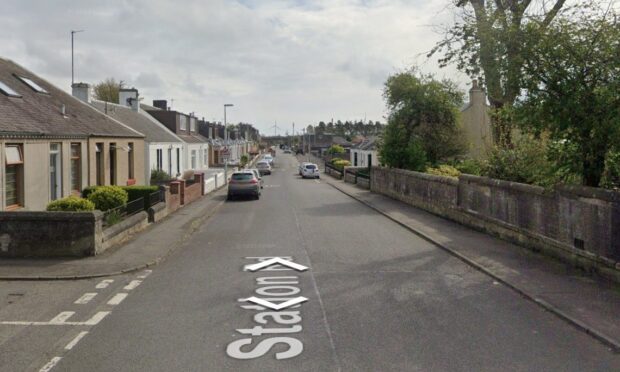NHS Fife has reviewed its procedures after a patient died from a blood clot in his lungs following surgery.
The man’s widow went to the Scottish Ombudsman following the death of her husband and her complaint has now been upheld.
He had been discharged from Victoria Hospital in Kirkcaldy following minor surgery earlier in the day and died of a blood clot two weeks later.
The woman, referred to as Mrs C in the ombudsman’s inquiry, complained about the aftercare provided to her husband.
She said he was not breathing properly when he came home from hospital and she was concerned that he should have been kept in overnight.
The ombudsman took independent advice from a surgeon and discovered the risk assessment paperwork had not been properly filled in.
“If it had been, it would have shown that Mr A had a number of risk factors for blood clots,” the appraisal said.
If the right procedures had been followed, staff could have considered a variety of preventative measures such as Flowtron boots and TED stockings, which aim to help prevent blood clotting, and Heparin, a drug which reduces the ability of the blood to clot.
However, the ombudsman noted that these measures might not have changed the eventual outcome.
The report said the decision not to keep the patient in hospital overnight had been a reasonable one and the ombudsman did not consider this would have changed the outcome.
The investigation found there were likely to be other reasons for the man’s breathlessness soon after surgery and a blood clot would not have been present so soon after his operation.
However, the ombudsman concluded that the aftercare had been unreasonable and upheld the complaint.
He added: “The board said that this complaint had alerted them to inconsistencies in practices and confirmed they were undertaking a review with a view to standardising and ensuring guidelines were followed.”
NHS Fife chief executive Paul Hawkins said: “I would like to express my deepest sympathies for Mrs C following the death of her husband.
“We note the recommendations made by the Ombudsman and we have enacted a series of measures to ensure more comprehensive risk management and documentation.
“We have also apologised to Mrs C and welcome the opportunity to reiterate that apology in public.”










